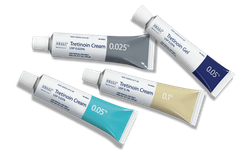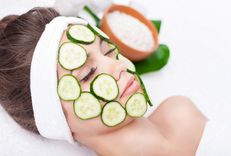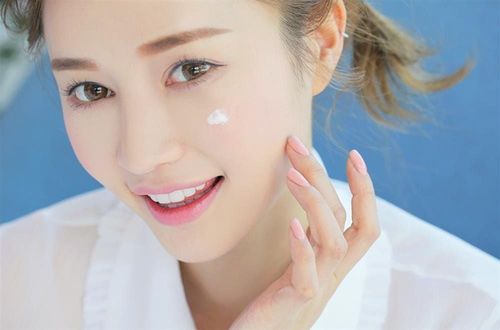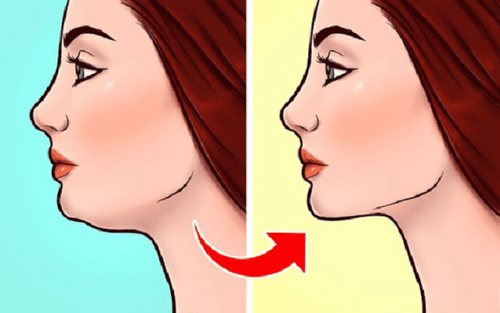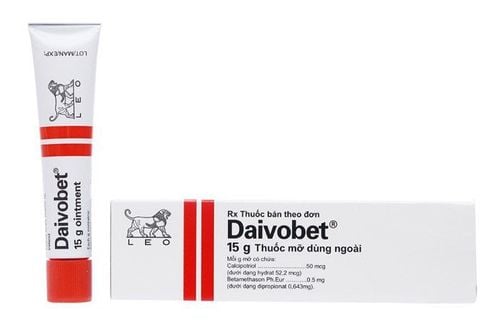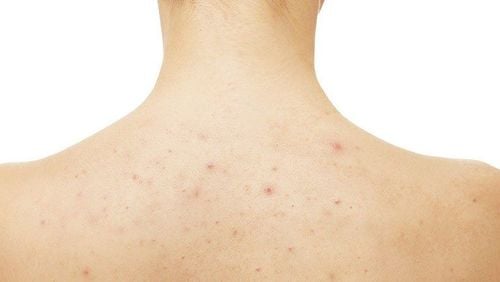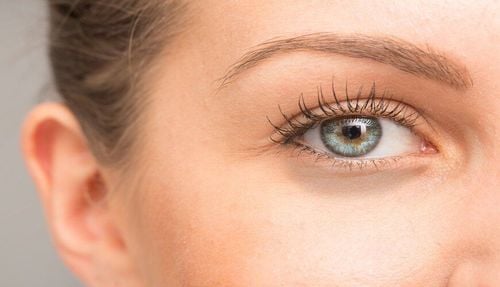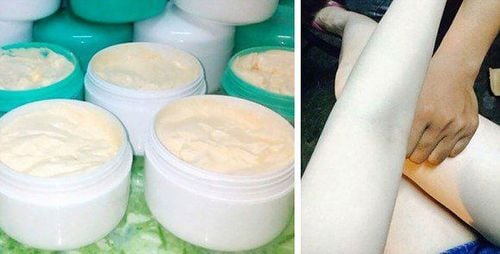Retinol is the 'golden' active ingredient in anti-aging, brightening, and acne treatment. However, not everyone knows how to apply retinol correctly to fully benefit from its amazing effects. So, should users apply retinol before or after moisturizer?
1. What is retinol?
Retinol, also known as vitamin A1, is commonly found in food and can be used as a supplement in cases of vitamin A deficiency. In addition to this, retinol is widely used in the cosmetics and skincare industry.
Retinol is essentially a powerful antioxidant, highly effective in treating acne, reducing wrinkles, and delivering exceptionally smooth skin. Specifically:
The strong antioxidizing properties of retinol are effective in 'renewing' each skin cell, removing dead skin cells, and creating favorable conditions for the growth of new skin cells. Retinol reduces the amount of melanin pigment in the skin, thereby promoting collagen and elastin production, which helps reduce wrinkles and prevent signs of aging. Retinol is widely used in treatments for restoring damaged skin, aiding in wound healing, treating inflammation caused by acne, regenerating cells, and nourishing the skin from within.
2. What are the benefits of using retinol?
2.1. Anti-aging and Skin Brightening
To prevent aging, the skin needs more than just hydration and protection from external factors (such as dust and sunlight); it also requires essential nutrients. Nutrients that nourish and stimulate collagen production are key. One of the most effective nutrients that cannot be overlooked is retinol.
The anti-aging properties of retinol are truly impressive. Using retinol correctly helps minimize skin issues such as dark spots, pigmentation, freckles, and protects the skin from negative environmental effects. Additionally, retinol stimulates collagen production, rejuvenates, and brightens the skin. Boosting natural collagen production in the skin significantly reduces wrinkles and slows down the aging process.
2.2. Improving Pores and Acne Conditions
Using retinol correctly delivers outstanding results, asrecognized for over 40 years, for treating acne. If you’ve tried various acne treatments with no success, why not consider retinol?
Dirt, excess oil, and dead skin cells that accumulate in the pores are common causes of acne. Using retinol correctly can help open up the pores, reduce blockages, and regulate sebaceous gland activity, thereby effectively preventing acne recurrence. Additionally, using retinol correctly is also an effective way to reduce inflammation and kill bacteria, which contributes to improving acne treatment results
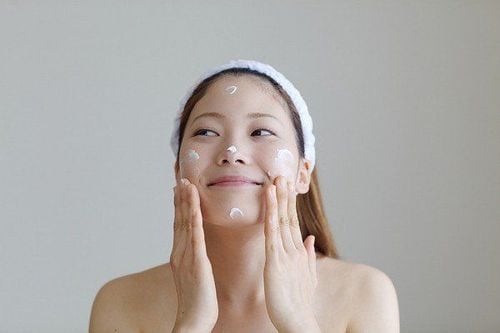
3. Some unwanted side effects of retinol
3.1. Skin stinging and mild burning sensation
Skin stinging and a mild burning sensation are common side effects for those new to using retinol, and it is considered a sign that the skin may be quite sensitive.
Even when applying retinol correctly, the skin may still become red, feel slightly warm, and experience light peeling of the outer layer, which can be uncomfortable. However, this side effect is temporary, and the skin will return to normal if properly moisturized and treated with skin-repairing products.
Additionally, to minimize this issue, users should start with a low concentration of retinol to allow the skin to gradually adjust, then gradually increase the concentration while maintaining proper hydration with suitable moisturizing products.
3.2. Dry, peeling skin
During the cell renewal process, retinol can cause the outer layers of dead skin cells to shed and lead to dry skin. This unwanted side effect is very common when using products containing high concentrations of retinol.
If the skin becomes flaky, dry, or itchy, it’s best to reduce the frequency of applying retinol (possibly to once a week) to allow the skin to adjust and have time to recover.
If you have sensitive or extremely sensitive skin, it is recommended to increase hydration and use skin-repairing products together to ensure the skin is strong enough and reduce irritation.
4. Should You Apply Retinol Before or After Moisturizer?
Most people who want to take care of their skin apply retinol topically at night. However, to use retinol correctly, users should start with a small amount in the first few weeks and gradually increase the amount.
If you’re using retinol for the first time, apply it approximately every 3 days for the first 1-2 weeks. Once your skin adjusts to retinol, increase the frequency and gradually switch to daily use.
For each application, use only a pea-sized amount of product and gently apply it to your skin with your index finger. Additionally, make sure the area you apply it to has a thin layer of retinol-containing product.
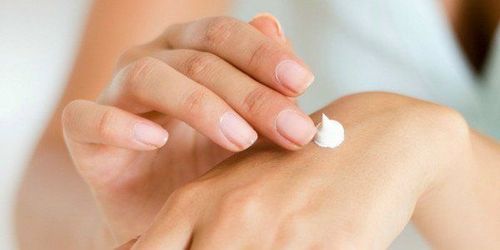
Retinol is an active ingredient that makes the skin more sensitive to sunlight, so the ideal time to apply retinol is at night. There is also some evidence suggesting that retinol can be more harmful when exposed to sunlight. Therefore, if you apply retinol during the day, it is essential to always follow up with sunscreen.
For those with sensitive skin, to minimize unwanted issues, it is recommended not to apply retinol directly but to add a layer of moisturizer. The steps to apply a layer of moisturizer product to reduce the intensity of retinol are:
First, apply a moisturizer, then apply retinol cream or serum, or apply the mixture to the skin at the same time. These methods will help reduce the penetration/concentration of retinol (lowering the absorption of active ingredients) and make the skin softer. Many sensitive skin types can only tolerate retinol when combined with the above buffering step.
However, if you want specialized treatment products like retinol to maximize their effectiveness, it is better to use them before moisturizing rather than after. Conversely, if you want to reduce the impact of specialized treatment products like retinol, it is better to apply retinol after moisturizing. Depending on your skin type, you can choose the appropriate order to apply retinol.
Hopefully, the information provided has helped answer your questions about whether to apply retinol before or after moisturizer and the effects of using retinol. Understanding the benefits of retinol will help you achieve optimal and safe results for your skin.
To arrange an appointment, please call … or make your reservation directly HERE. You may also download the MyVinmec app to schedule appointments faster and manage your reservations more conveniently.
